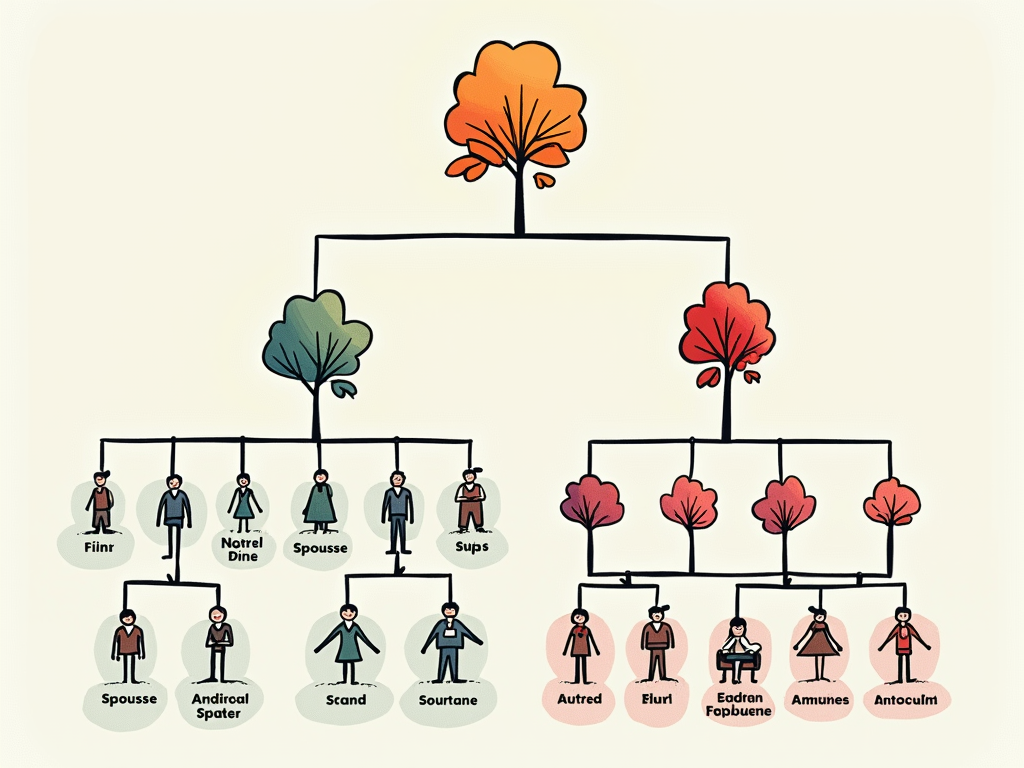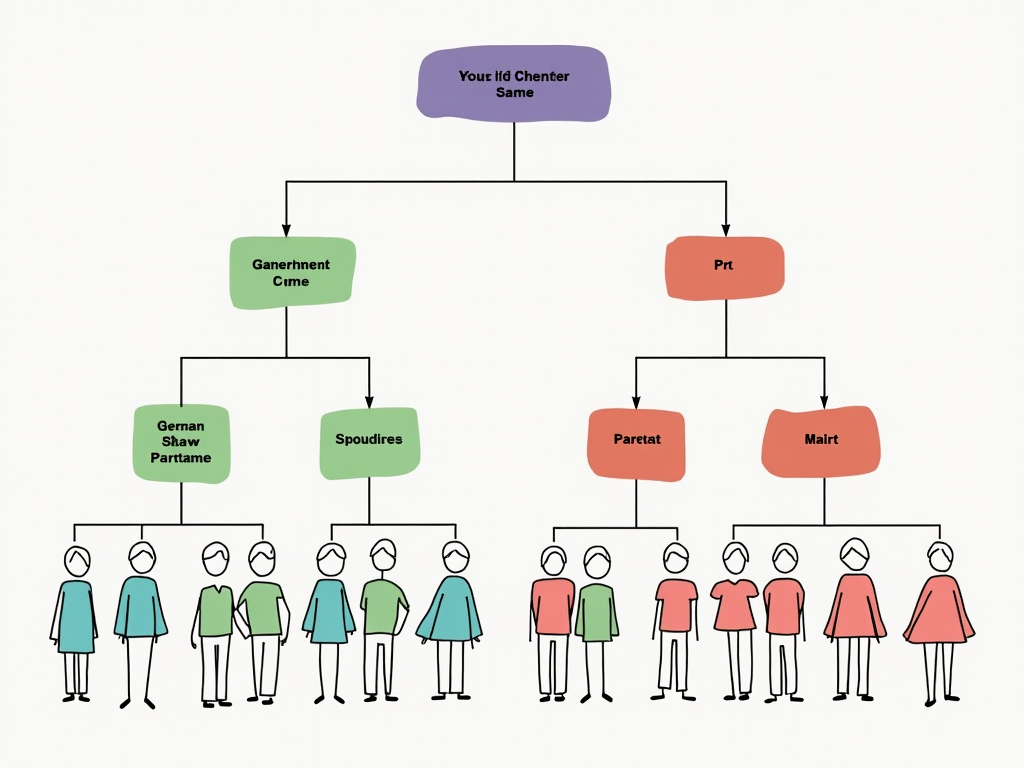Estate planning is like setting a secure anchor in stormy waters. For investors and private savers, it is essential that their wealth is distributed according to their wishes to avoid family conflicts. Legal succession can serve as a guide, while a custom-drafted will acts as a precise tool to fulfill personal wishes. This article explores the nuances of legal succession and shows how to effectively create a will to avoid disputes and best manage the inheritance.
Legal Succession: The Legal Key to Your Inheritance

Legal succession in Germany ensures that the inheritance of a deceased person is distributed according to established rules unless there is a will or inheritance contract. These rules, enshrined in the Civil Code (BGB), are essential for bringing clarity and order to the inheritance and for avoiding potential family conflicts.
Among the fundamental principles of legal succession, the order of heirs into different categories is crucial. The first category includes direct descendants such as children and grandchildren. This group has priority in the division of the inheritance. If no beneficiary is present, the second category comes into effect, which includes the deceased’s parents and their descendants. Finally, the third category regulates the inheritance rights of grandparents and their descendants.
Another central principle is the succession by lineage. If a potential heir dies before the decedent, their descendants take their place. This also ensures that grandchildren receive their share if their parents are deceased. This subtle provision reflects the principle of representation, whereby living heirs represent their “lineage” and thus exclude younger generations, as long as they are entitled to inherit.
Generally, children of the first category inherit in equal parts. The surviving spouse has a legally guaranteed right, the amount of which depends on the marital property regime. In the absence of living descendants or children, the parents or siblings will inherit.
In addition to a well-organized structure, legal succession serves as a safety net through the right to compulsory portion. This ensures that close relatives such as children, parents, or the spouse receive a minimum share, even if there is a will that seems to disregard this right. This generally grants them half of their legal inheritance share.
All these provisions create a clear framework. However, due to the freedom of testamentary disposition, there is still room for personal decisions. A will or an inheritance contract offers the deceased the opportunity to deviate from the rigid legal framework and take personal wishes into account. A will is legally binding, whether it is handwritten or notarized, while inheritance contracts must always be authenticated by a notary. The boundaries of this freedom are marked by the right to compulsory portion, which cannot be ignored.
In conclusion, it is important to emphasize that regular review of testamentary provisions and well-considered succession planning can significantly contribute to family peace. Through lifetime transfers, tax considerations, and, if necessary, the appointment of an executor, potential conflicts and tax disadvantages can be minimized.
The Will as a Key to Individual Succession Planning

A will is not just a legal document; it is the personal expression of final wishes. It serves as a decisive anchor for regulating the distribution of wealth in the event of death in a detailed and clear manner according to individual wishes. Through careful drafting of a will, testators can ensure that their values and legacies are passed on in accordance with their wishes, thereby avoiding disputes among heirs.
A will can be drafted in two ways: handwritten or notarized. The handwritten variant requires the complete writing and signature of the testator, while notarized certification involves professional advice and authentication by a notary. This flexibility in procedure underscores the central role of the will in succession planning.
The content of a will is varied and may include, in addition to the designation of heirs, specific instructions such as legacies or division provisions. Through the designation of heirs, testators can establish who will benefit from their estate and to what extent. A will allows for a conscious deviation from legal succession, although the freedom of testamentary disposition is still limited by the rights of compulsory portion for close relatives such as the spouse or children, who must also be considered in cases of disinheritance.
Of notable importance is the Berlin will, where spouses designate each other as universal heirs. Only after the death of the last survivor do the children become heirs. However, this arrangement can result in a high tax burden, as inheritance taxes may be due in two stages – an important aspect to consider.
After death, the practical implementation of the will begins. For this, the document must be opened at the probate court. It contains instructions for the management and liquidation of the assets, with the testamentary provisions executed by an executor or the heirs themselves. Debts that may be part of the inheritance must be settled.
Finally, a will is more than just a means of protecting wealth. It is an essential tool for ensuring family peace and carrying out individual wishes after death. Proper storage and regular review of the will ensure that it always corresponds to current life circumstances and legal requirements.